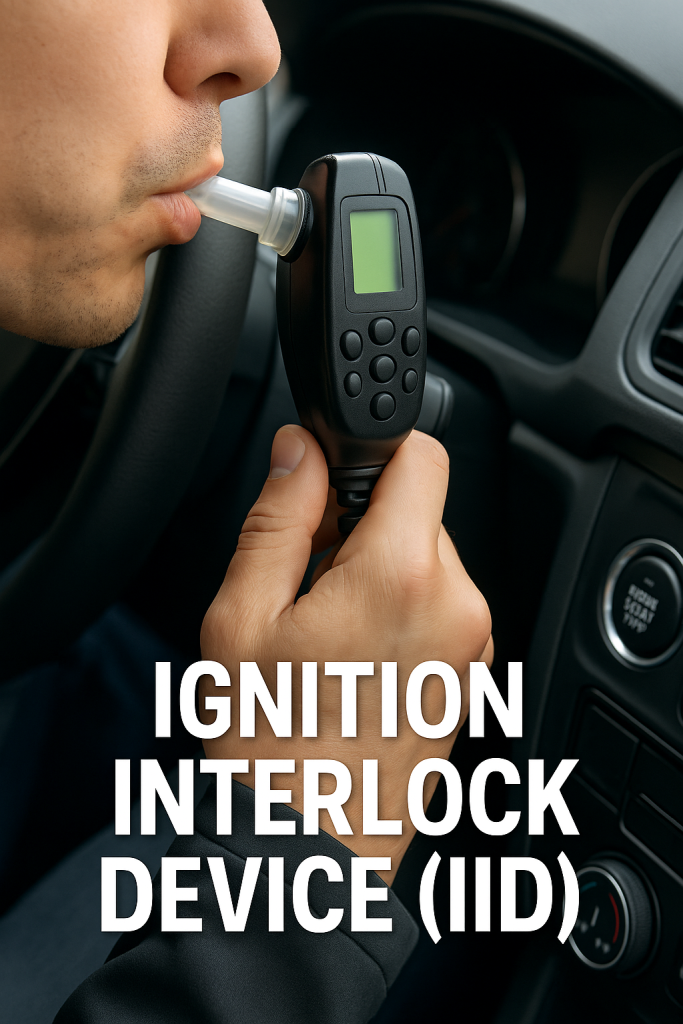
Introduction
In Utah, certain DUI convictions require the installation of an Ignition Interlock Device (IID) in your vehicle. This device is designed to prevent a driver from operating a car while under the influence of alcohol. It acts as both a deterrent and a safeguard, ensuring that only sober drivers can start and operate a vehicle.
How It Works
-
The driver must blow into the device before starting the vehicle.
-
If the IID detects alcohol above a preset limit (usually 0.02% BAC), the vehicle will not start.
-
While driving, the IID may request random retests to ensure the driver remains sober.
-
All test results are logged and reported to the Utah Driver License Division (DLD) or the court.
When It Is Required in Utah
-
First DUI conviction with a high BAC or aggravating circumstances.
-
Repeat DUI offenders (mandatory).
-
Drivers under 21 convicted of DUI.
-
Refusal of chemical testing in some cases.
Consequences of Tampering or Circumvention
-
Attempting to bypass or tamper with the IID is illegal.
-
Violations may result in extended IID requirements, fines, or additional license suspension.
Reason for the IID Requirement
-
Protects the public by reducing repeat DUI offenses.
-
Helps drivers rebuild safe driving habits under monitoring.
-
Provides evidence of compliance for reinstating full driving privileges.
Takeaway
The ignition interlock device is not just a penalty—it is a safety measure. It reminds drivers that safe driving starts with making the right choice before even turning the key.
